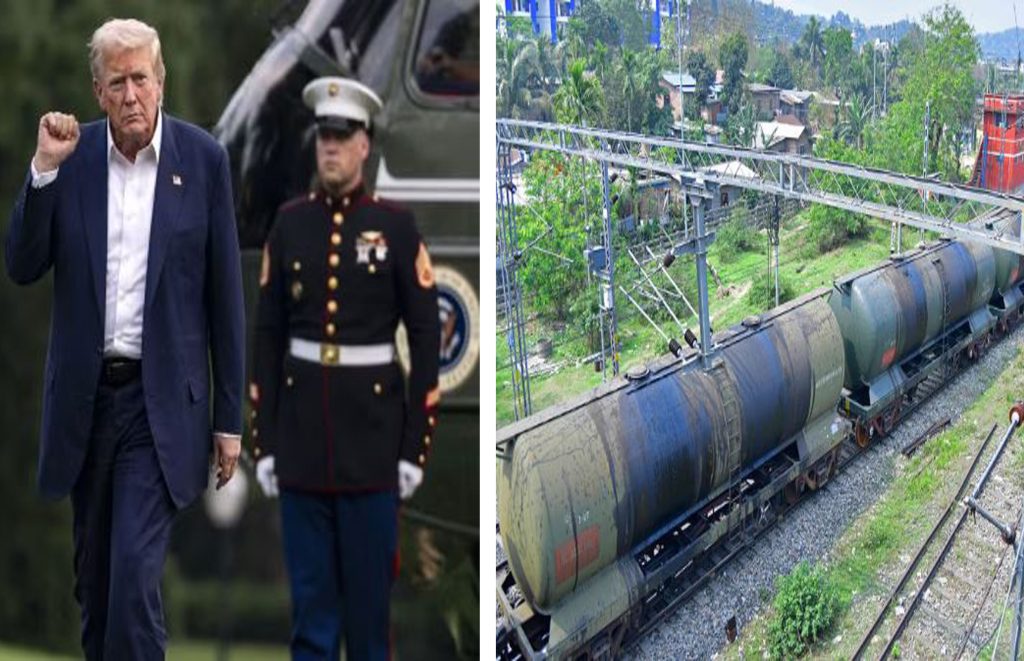
Background of the India-Russia Economic Crisis
Amid escalating global geopolitical tensions, India recently announced a significant increase in tariffs on imports from Russia, a move reflecting the ongoing impact of Western sanctions on Moscow. This decision comes at a time when economic relations between the two countries have undergone major shifts since the start of the Ukraine war.India Raises Tariffs on Russian Imports
Official data indicates that trade between India and Russia has seen notable growth in recent years, with India becoming one of the largest buyers of Russian oil. However, this tariff hike could reshape the trade landscape between the Asian giant and its European counterpart.
Details of the New Tariff Increase
According to government documents reviewed by media outlets, the new tariffs cover a wide range of Russian products, including:
- Petroleum products: Up to a 10% increase on certain derivatives
- Metal products: Particularly aluminum and steel
- Chemicals: Including fertilizers and agricultural pesticides
- Manufactured goods: Some spare parts and industrial equipment
The tariff hikes range between 5% and 15% in some sectors—significant figures by international trade standards. These increases are expected to take effect in the coming weeks, pending final legal procedures.India Raises Tariffs on Russian Imports
Reasons Behind India’s Decision
1. International Pressure and Western Sanctions
Analysts suggest that India’s move is connected to Western sanctions imposed on Russia since its invasion of Ukraine. Although India has not officially joined these sanctions, it has faced increasing pressure from Western allies to limit economic cooperation with Moscow.India Raises Tariffs on Russian Imports
2. Protecting Domestic Industries
New Delhi aims to shield its local industries from unfair competition from subsidized Russian imports, particularly in steel and aluminum. Many Indian companies have complained about market dumping, where Russian products are sold below production costs.
3. Trade Imbalance Correction
India has seen a growing trade deficit with Russia over the past two years, as its oil and commodity imports surged while exports to Russia stagnated. The government hopes these measures will help rebalance trade relations.
International Reactions
Russia’s Response
Moscow has yet to issue an official statement, but diplomatic sources suggest the Russian government may view this as India yielding to Western pressure. Russia could consider similar measures or offer trade concessions to maintain ties with such an important economic partner.
Western Response
The U.S. and EU have welcomed India’s decision, calling it a step in the right direction. Western officials expressed hope that this tariff hike signals India’s gradual economic distancing from Russia.
Impact on India’s Economy
Positive Effects
- Boosting Local Production: Tariffs may help domestic industries compete with Russian imports.
- Reducing Trade Deficit: Could narrow India’s trade gap with Russia.
- Strengthening Western Ties: May open doors for deeper economic cooperation with the U.S. and EU.
Potential Challenges
- Higher Costs: Some essential goods may become more expensive.
- Strained Russia Relations: Could affect military and energy cooperation.
- Russia Seeking Alternatives: Moscow may divert exports to other markets, hurting Indian exporters.
Impact on Indian Consumers
Ordinary citizens may feel the effects in several ways:
- Fuel Prices: Possible fluctuations due to higher import costs.
- Agricultural Products: Some fertilizers and pesticides may see price hikes.
- Manufactured Goods: Products with Russian components could become costlier.
Future Scenarios
Scenario 1: Escalating Tariffs
India may impose further hikes if initial measures fail to deliver results or if Russia continues dumping practices.India Raises Tariffs on Russian Imports
Scenario 2: Bilateral Negotiations
Both countries could enter talks to reach a more balanced trade agreement.
Scenario 3: Expanding Sanctions
Tariffs may extend to more products if trade disputes persist.
Conclusion and Outlook
India’s tariff increase marks a turning point in its economic ties with Russia, unfolding against a backdrop of geopolitical tensions and economic pressures. While India seeks to achieve economic and political goals, the full impact will become clearer in the coming months.
Economic experts predict:
- Intense negotiations between the two nations
- Russia seeking alternative export markets
- India diversifying import sources for essential goods
- Closer India-West trade policy coordination
This trade dispute will remain under close international scrutiny as an indicator of broader shifts in global economic alliances amid ongoing geopolitical crises.

[…] On the morning of Wednesday, July 30, 2025, a major earthquake with a preliminary magnitude of 7.8 struck off Russia’s eastern coast, prompting Japanese authorities to issue tsunami warnings for the country’s northern islands.Russia Quake Alarms Japan […]